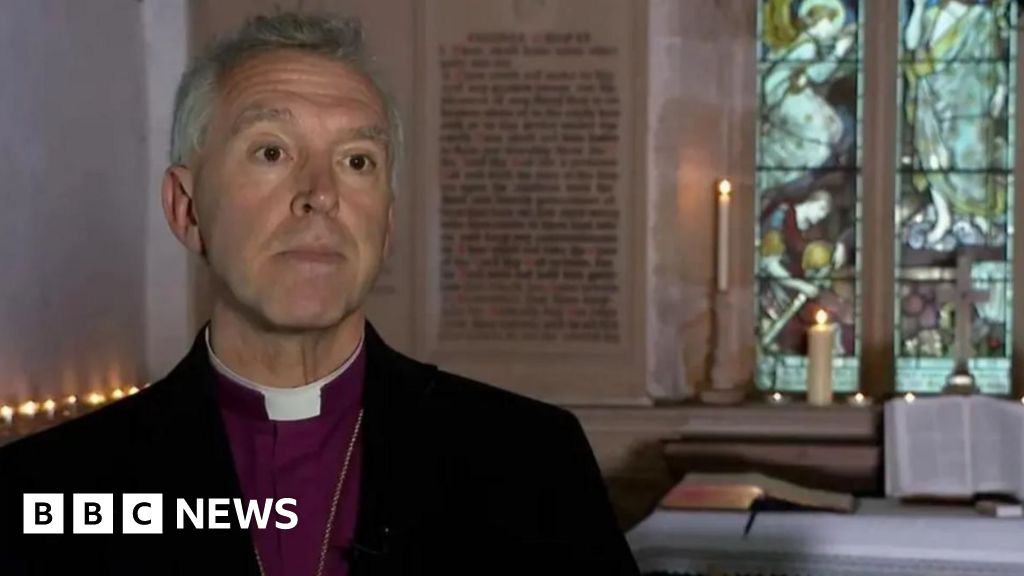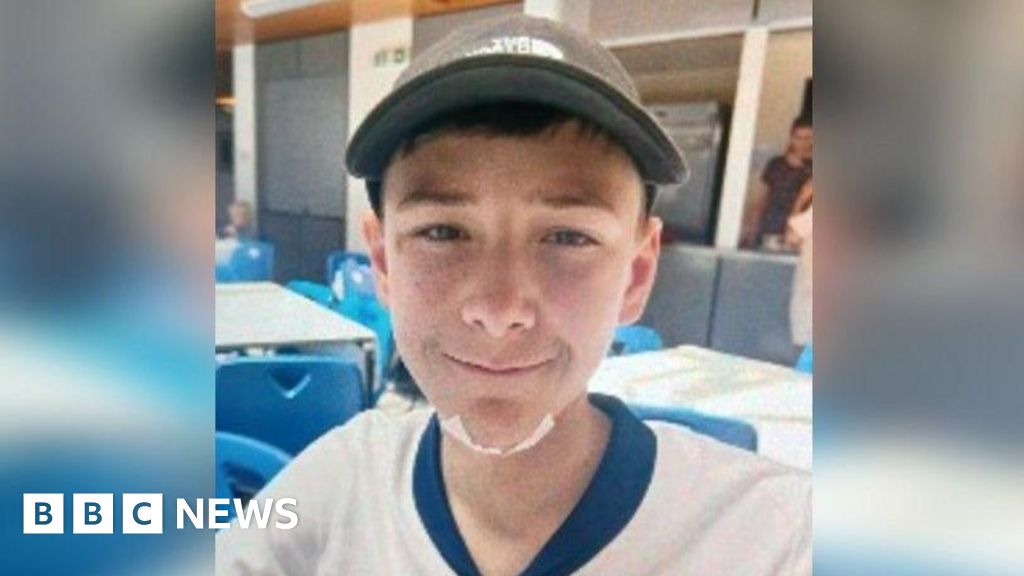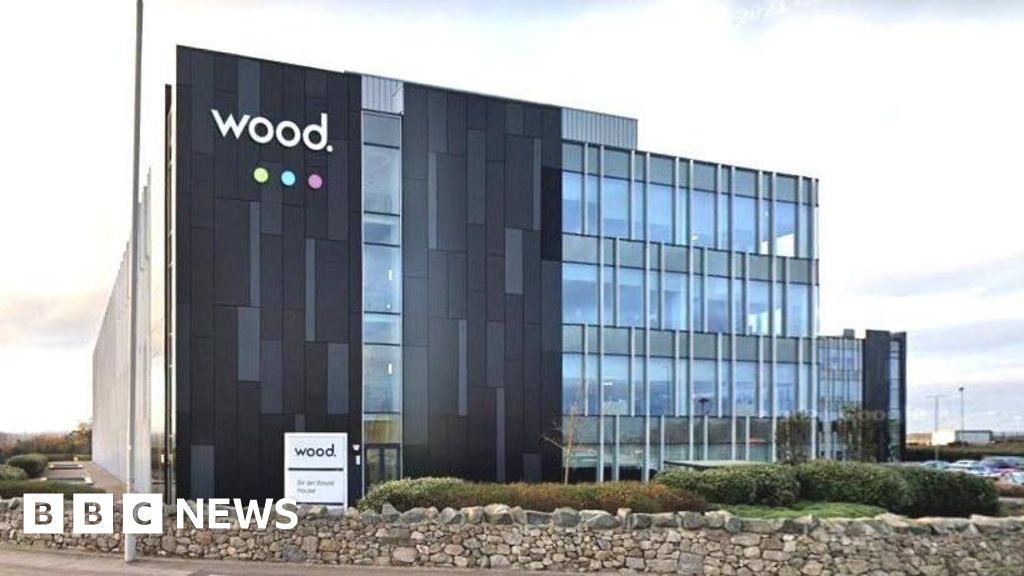President Donald Trump can continue to pursue attempts to redefine birthright citizenship in the United States, after the U.S. Supreme Court opened the door for him on Friday.
The nation’s highest court limited the ability of federal judges to issue nationwide blocks, otherwise known as injunctions, on the president’s executive order, which seeks to strip citizenship from people born in the U.S. to certain immigrant parents.
Now, those injunctions may only apply to individuals, groups, or states that have sued.
Friday’s ruling did not address the actual merits of ending birthright citizenship, but the ruling still hands the president a massive win.
It means that Trump’s birthright citizenship order could potentially be implemented in states where challenges have not been addressed by courts. In the meantime, the Supreme Court said it would pause the order from taking effect for 30 days.
Here’s what to know about the case.
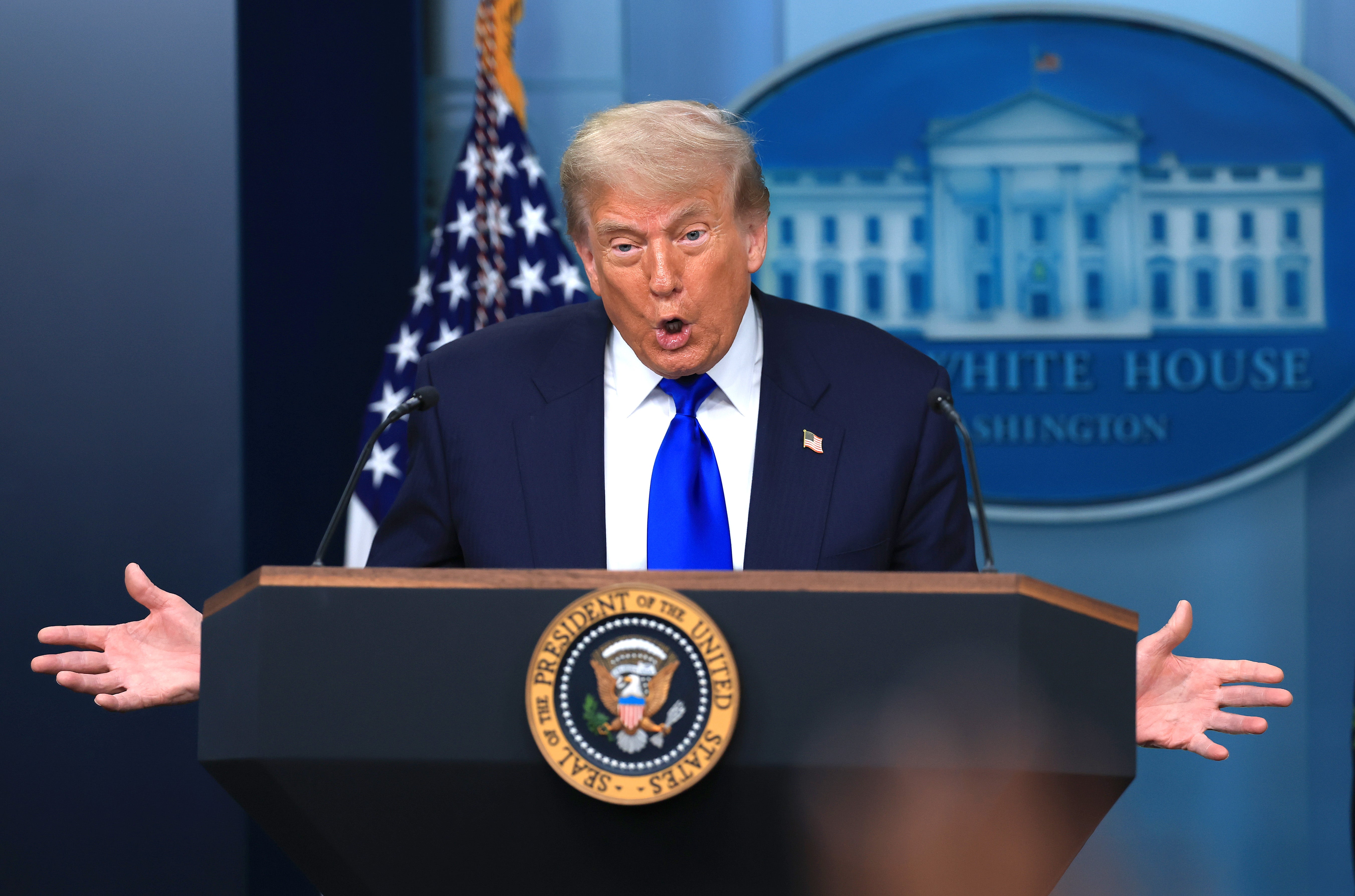
What is birthright citizenship?
Birthright citizenship is the right of automatic citizenship to any person born in the United States, regardless of where their parents may be from.
It is ingrained in the Constitution as part of the 14th Amendment under Section 1.
“All persons born or naturalized in the United States, and subject to the jurisdiction thereof, are citizens of the United States and of the State wherein they reside,” the Citizenship Clause Doctrine reads.
“No State shall make or enforce any law which shall abridge the privileges or immunities of citizens of the United States; nor shall any State deprive any person of life, liberty, or property, without due process of law; nor deny to any person within its jurisdiction the equal protection of the laws.”
Why does Trump want to end birthright citizenship?
Trump is determined to carry out the largest mass deportation of undocumented immigrants, as well as severely restrict immigration to the U.S. He has falsely blamed immigrants for violent crime, fewer job opportunities, higher housing prices, shortages of public benefits, and more.
Ending birthright citizenship is part of his policies in restricting immigration.
The president’s executive order seeks to end automatic citizenship given to anyone born in the U.S. if their parents are in the country illegally, or here temporarily but legally – such a students or tourists.
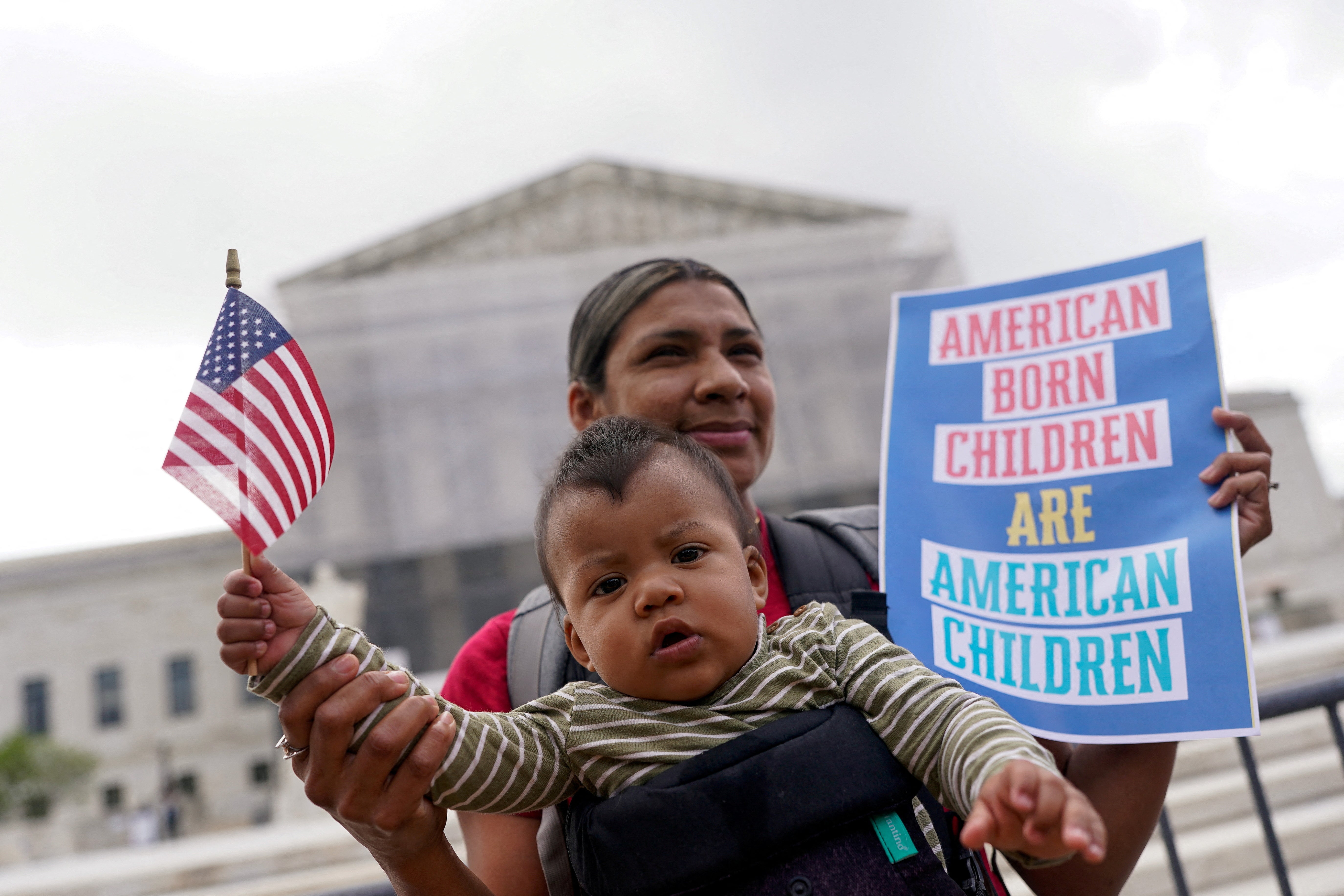
Why is ending nationwide injunctions part of this?
The Trump administration did not ask the Supreme Court to rule on the merits of birthright citizenship, despite the case being tied to his executive order. Rather, they used the case as a vehicle to ask the court to limit lower court judges’ ability to issue nationwide injunctions.
Nationwide injunctions have been a thorn in Trump’s side for years. More than half of the injunctions issued over the last 70 years were against the Trump administration, according to the Harvard Law Review.
Judges have blocked federal funding cuts and mass firings of federal workers, as well as Trump’s executive order banning transgender service members from the U.S. military, among others.
By limiting the scope of a judge’s injunction, it means Trump’s order could take effect in some states where courts have not ruled on the matter.
What does this mean moving forward?
For the next 30 days, while the order is paused, plaintiffs are likely to bring lawsuits across the country to try and temporarily stop Trump’s attempts to end birthright citizenship from taking effect.
Lower court judges will need to revise their rulings to narrow the scope of injunctions. One way they can get around this is if plaintiffs bring class action lawsuits.
However, if lawsuits are not brought in certain states, Trump’s order could take effect – although its likely to face many legal challenges.
Meanwhile, Trump is likely to continue pushing the court to allow him to redefine the Constitution and birthright citizenship. The actual merits of that may return to the court in a separate case later this year or next year.

 4 hours ago
2
4 hours ago
2

